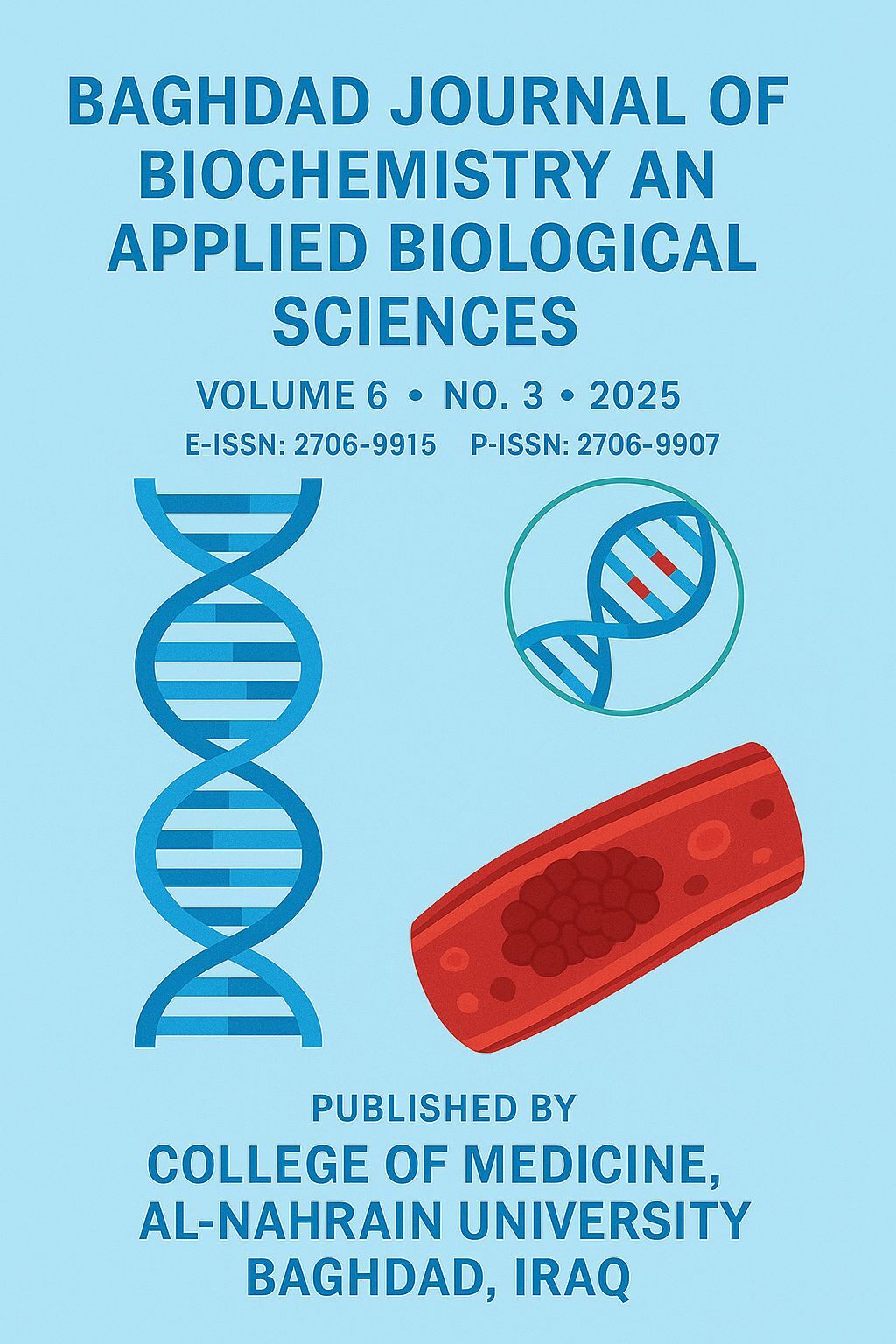The incidence of COVID-19 is once again increasing
DOI:
https://doi.org/10.47419/bjbabs.v6i03.422Keywords:
COVID-19, SARS-CoV-2 variants, vaccine efficacy, public health preparedness, pandemic responseAbstract
Recent worldwide patterns suggest a possible resurgence of cases as the COVID-19 pandemic evolved, driven by the emergence of new variants, waning immunity, and adjustments to public health protocols. This academic review examines variables such as seasonal variations, vaccine effectiveness over time, and viral mutations that may contribute to the potential recurrence of COVID-19. It also examines the consequences for public health, including the preparedness of the healthcare system, the risks of reinfection, and the effectiveness of mitigation techniques. To regulate and mitigate the effects of a potential new wave of infections, this review summarizes the most recent COVID-19 variants, as well as their impact on healthcare providers and the public. It does this by combining epidemiological data and current research. The results demonstrate the value of ongoing monitoring, adaptable vaccination strategies, and evidence-based treatments in halting the spread of the disease.
Metrics
Downloads
Downloads
Published
Issue
Section
Categories
License
Copyright (c) 2025 Raghda Alsayed, Khalid Zainualbdeen, Dena Ahmed, Reem Younus, Asmaa Hadi Mohammed, Shams Ismael, Hazim F. Abbas, Muna S. Bufaroosha, Emad Yousif

This work is licensed under a Creative Commons Attribution 4.0 International License.
The authors retain all proprietary rights, including copyright, such as patent and trademark rights and rights to any process or procedure described in the article.









